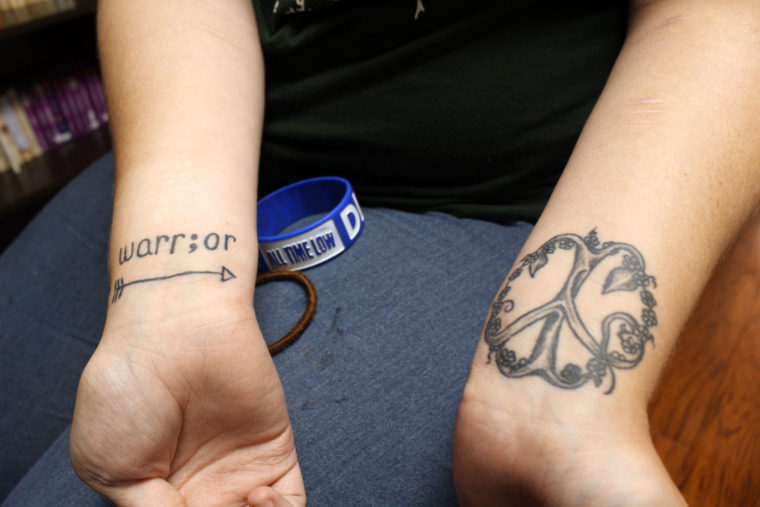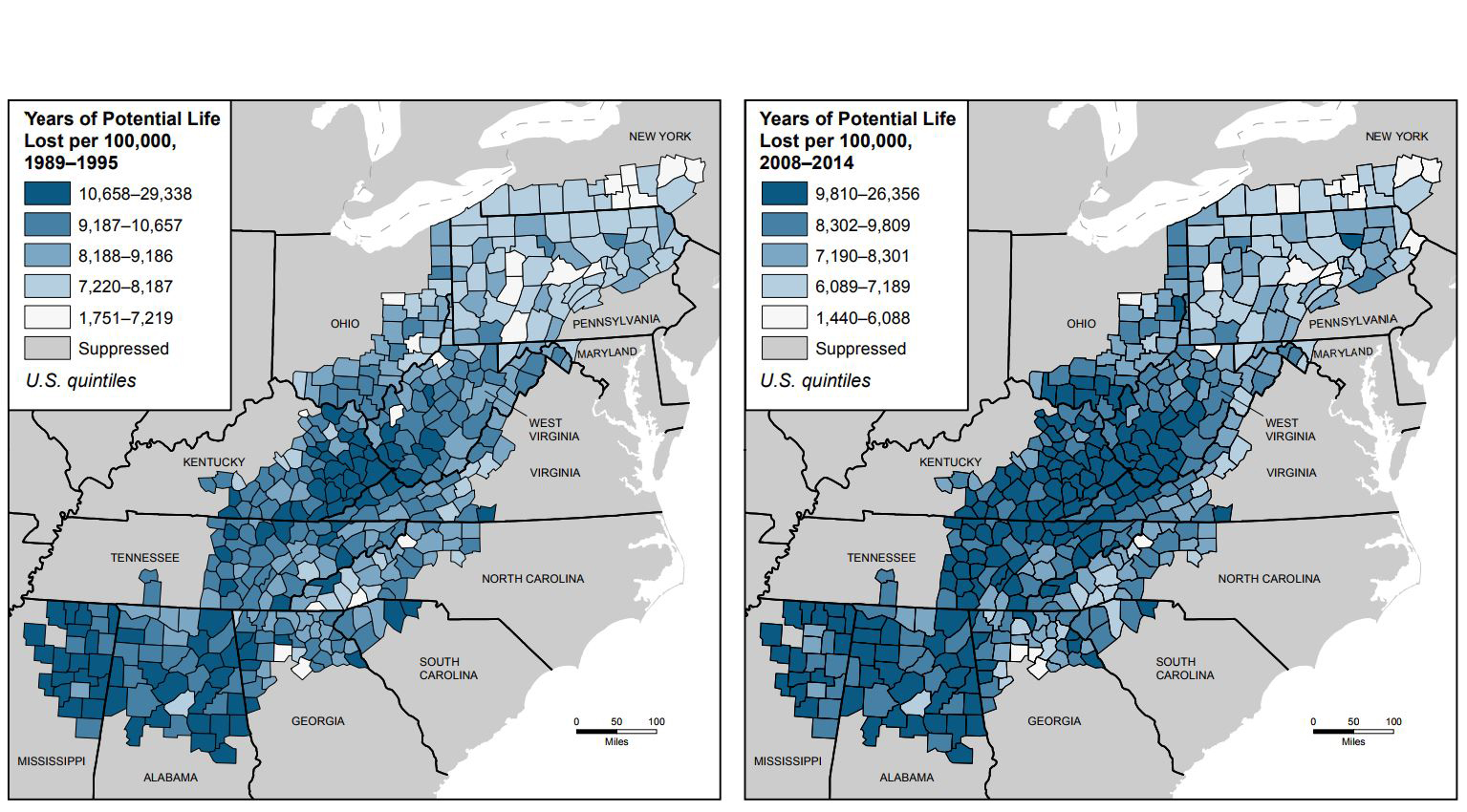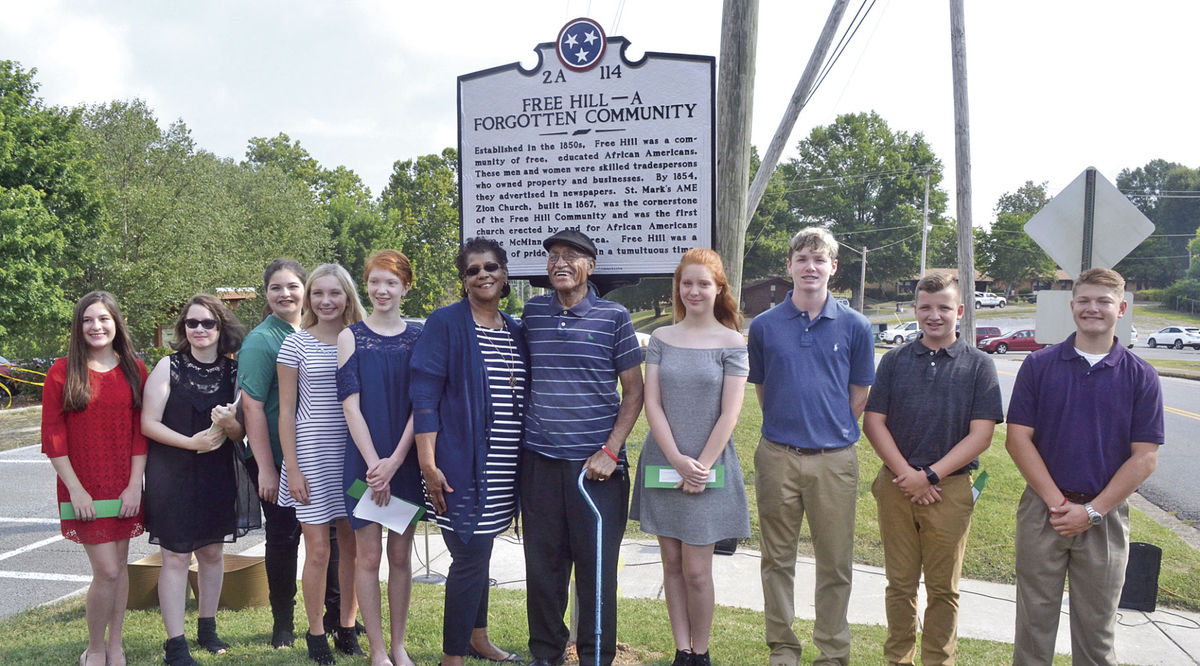The Sapling Center provides services and support for young people experiencing crises. The demand for the service has prompted a mental-health organization to add four more centers in rural Eastern Kentucky by the end of September.
Sixteen-year-old Holly slides her bracelet aside to reveal a tattoo of the tree of life on her wrist. “It’s for anyone who has been through hard times and has contemplated suicide,” she says. “I am one of those people.”
The Sapling Center has become a home away from home, says Holly (we changed her name to protect her privacy). As she energetically moves around the center, she refers to its program coordinator as “mom” and to her peers as siblings. She recently encouraged her younger brother to come to the center as well.
“He has been going through stuff too, and since coming here, he has really come out of his shell,” she says. “People trust one another here.”
The Sapling Center is a drop-in youth safe space, created by Kentucky River Community Care in August 2016. All young adults between the ages of 14 and 25 are welcome at the two existing centers in Whitesburg and Hazard, but programming is targeted towards individuals in crisis situations. The centers serve coalfield counties in Kentucky’s Fifth Congressional District, an economically troubled and rural region.
“More and more of [the students] are listing themselves as homeless, and even more are attempting to flee abuse and drug-addicted parents,” says Angie Bush, director of the Sapling Center in Whitesburg.
Mental health treatment facilities are less common in rural areas than they are in urban ones. A 2013 study conducted by Indiana University School of Social Work found that approximately 55% of rural counties in the United States do not have a psychologist, psychiatrist, or social worker who specializes in the treatment of mental health.
In Whitesburg, the Sapling Center is filled with students decorating the walls of the art studio, reading on bean-bag chairs in the library, and playing WWE WrestleMania on the Xbox in the living room. Group activities, such as cooking classes and community service opportunities, are coordinated weekly by a student advisory board.
More than 80% of the students also choose to take advantage of the centers’ counseling services, which include individual and group therapy, and substance abuse

sessions hosted by drug and alcohol counselors. Daily operations are run by peer support specialists who have had experiences similar to those of many students.
Privacy can be a big concern for people seeking mental-health services in small towns, says Jose Carbajal, a professor and clinical specialist at the Center for Rural Social Work and Development at Stephen F. Austin University.
Carbajal specializes in trauma, domestic violence, substance abuse, and transition adjustment. In training sessions he conducts around the country, he said he finds that rural participants tend to worry more about confidentiality and are less likely to share difficult experiences.
Alice (also a pseudonym) was able to find a niche at the Sapling Center. She says she values the chance to speak openly with mental-health professionals and with students she trusts. “I thought I wasn’t going to make any friends, but I’ve made more friends here than I could imagine,.” she says.
A few months of participation have made a big difference, says Alice, who has suffered from depression for nearly a decade said. “My family has noticed a huge change in me.”
The Sapling Centers in Hazard and Whitesburg serve an average of 25 to 30 young adults each day. That demand has prompted Kentucky River Community Care plans to open an additional four Eastern Kentucky centers in Hindman, Prestonsburg, Pikeville, and Jackson by the end of the summer, according to a press release.
Kentucky River Community Care is also developing an emergency housing pilot center for homeless young adults and those who come from abusive homes. Eventually, the organization hopes to expand its services from offering a place to “drop in” to providing long-term housing, as well.
This story was originally produced by our publishing partner The Daily Yonder.



